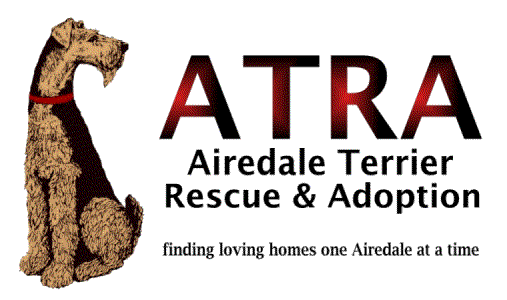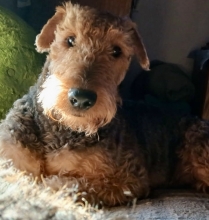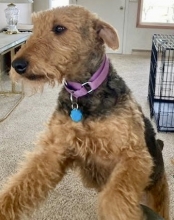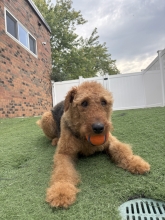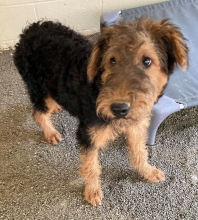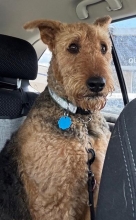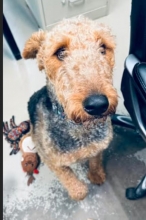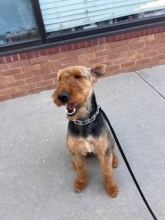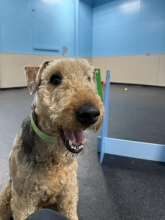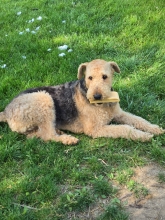Keeping Your Pet Safe on July 4th
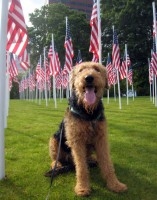
By Dr. Becker
Every July 4th there are pet casualties, so I thought I’d take this opportunity well in advance of Independence Day celebrations to remind dog and cat owners of the dangers associated with this particular holiday.
Many Pets Fear Fireworks Displays
Fireworks displays can be stressful and frightening for pets, so if you’re planning to take your pet along, I recommend you rethink that idea. Even normally calm dogs can get spooked and disoriented by the noise, lights and crowds involved in a fireworks display. You certainly don’t want to frighten your pet or put him in a situation where he might bolt or become aggressive due to fear.
Even pets left at home can be frightened of the loud noises that seem to go on and on the evening of July 4th. Your dog or cat has a much better sense of hearing than you do, so loud, unfamiliar sounds can be especially unsettling. And this goes double if your pet is getting up in years.
Even small firecracker or sparkler displays by neighbors or family members can upset your pet.
Signs your pet is afraid of fireworks or other loud noises include shaking, vocalizing (barking or howling), excessive drooling, looking for a place to hide, or escape attempts.
With a little advance planning, you can prevent problems with your pet over the July 4th holiday. It will be much easier for you and your family to relax and enjoy the celebrations if you’re not worrying about your pet’s health and safety.
- Insure your pet has a current ID tag. Every year on July 5th many dogs turn up miles from home -- afraid, disoriented, exhausted and dehydrated. And animal shelters across the U.S. get an influx of ‘July 4th dogs’ who escaped during fireworks celebrations and are found by animal control agents and concerned citizens who drop them off at the nearest shelter.
- Remember to feed and walk your dog in the late afternoon or early evening, well before the fireworks displays begin.
- Don’t leave your pet alone outside on the 4th. If she becomes frightened and panicked, even a fenced yard may not keep her safe. She could injure herself trying to escape. If she gets out she could run away, be hit by a car, or stolen by a stranger.
- Keep your pet inside the house, preferably in an inside room without windows. Create a little safe haven for your dog or cat with bedding, a toy or two, and a few treats. Turn on a TV, radio or other music to help muffle the noise from outside. If possible, leave someone at home with your pet.
- If you bring your pet along to the celebration (which I don’t recommend unless you have an unusually laid back dog or cat, or you just have no other choice), don’t leave him unattended in your car. It’s apt to be hot enough to bring on heatstroke even if you crack your windows, not to mention if your pet panics, he could hurt himself or cause damage to your vehicle.
- Keep your dog or cat a nice safe distance from any backyard or neighborhood fireworks displays, and make sure to store personal fireworks where your pet can’t get them. Pets have been known to ingest unexploded fireworks as well as debris lying around after the display is over. Also keep in mind your pet is covered in fur that can easily catch fire.
Do What’s Best for Your Furry Companion
Some pets aren’t bothered at all by fireworks. Others may get a bit jumpy, but are generally fine as long as their owner is nearby to soothe them as necessary. Other pets become extremely frightened, especially dogs with noise phobia.
As a general rule, most dogs and cats are more comfortable left at home with their normal routine during July 4th celebrations. But you can still include your pet in festivities like picnics, trips to the beach or lake, or family gatherings. Just make sure your four-legged family member is tucked snugly inside your home, with access to a safe haven, before the fireworks begin.
